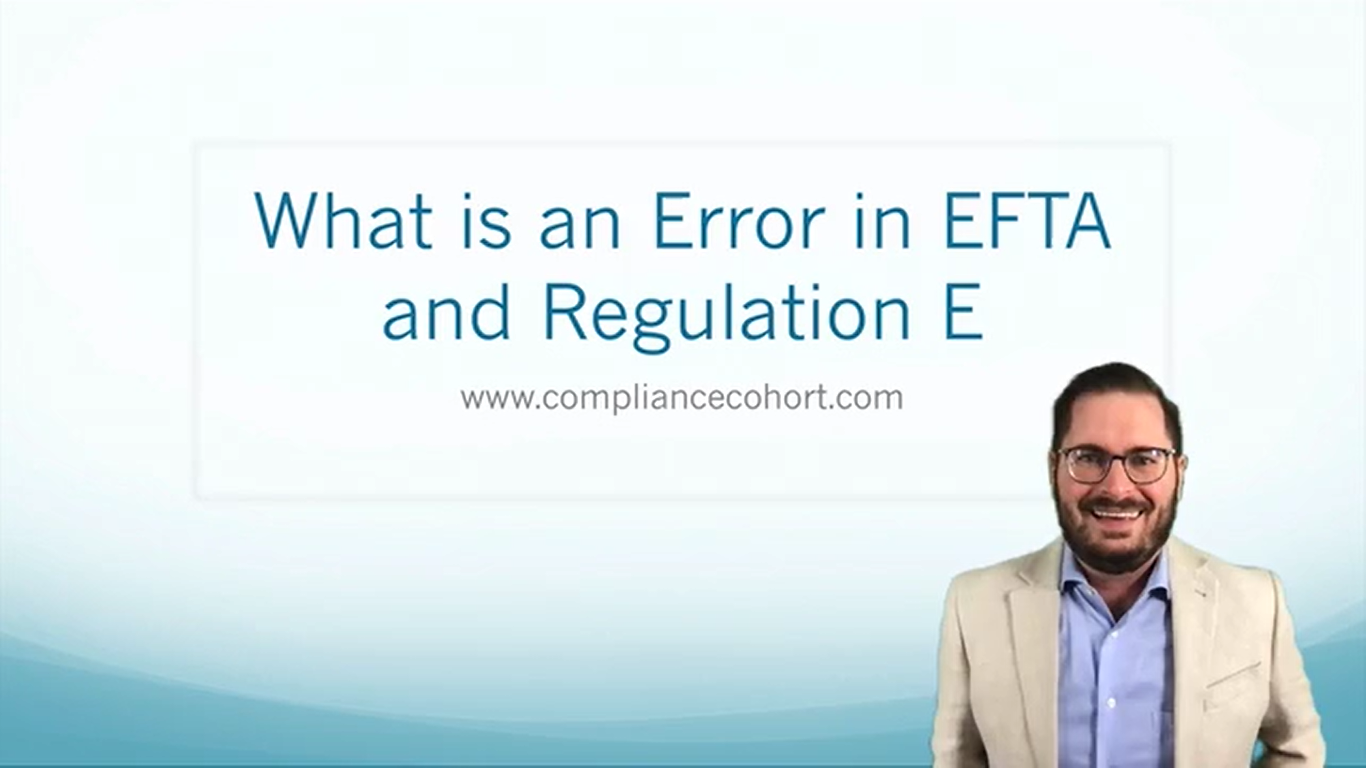On March 27, 2024, the CFPB issued a circular warning remittance transfer providers that false advertising about the cost or speed of sending a remittance transfer can violate federal law. The circular highlights several marketing practices relating to sending international money transfers that may violate the Consumer Financial Protection Act’s (CFPA) prohibition on deceptive acts or practices.
Welcome to the Compliance Cohort. We are a group of compliance professionals working to make compliance easier. Our goal is to take complex compliance concepts and put them in simple terms that apply to the real world. We are glad you have found us and look forward to collaborating in the future.
If you haven't done so already, make sure you sign up for our free membership where you get access to many member-only videos, articles, and other resources.




